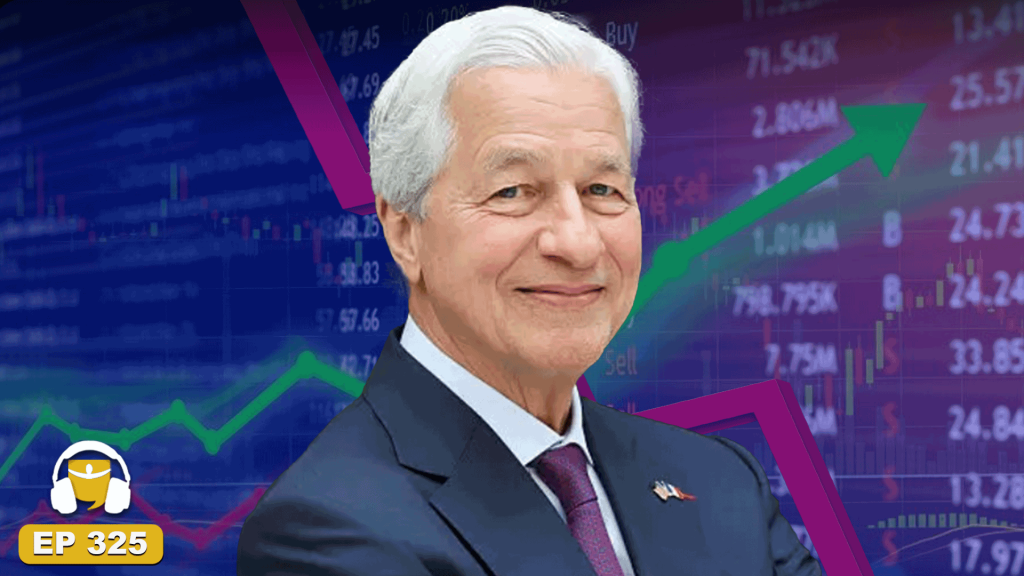JPMorgan CEO Sounds Alarm on Economic Outlook
In a move that has sent ripples through the financial world, Jamie Dimon, the CEO of JPMorgan Chase, recently sounded an alarm on the current economic outlook. As the head of one of the largest and most influential banks globally, Dimon’s insights are closely watched by market participants, policymakers, and the business community alike.
Current Economic Challenges
Dimon highlighted several key challenges facing the global economy. One of the most pressing issues is the ongoing uncertainty brought about by geopolitical tensions. With conflicts simmering in various regions and the ever-present risk of new confrontations, global markets are often on edge, reacting to developments that could disrupt trade, supply chains, and economic stability.
Inflation remains another significant concern. Following the pandemic-induced economic disruptions, many economies experienced a sharp rise in inflation rates, fueled by supply chain bottlenecks, labor shortages, and the unprecedented fiscal and monetary stimulus measures. Dimon emphasized that while inflation seems to be moderating in some areas, its persistence in others poses risks to sustainable economic growth.
Furthermore, Dimon pointed to the potential fallout from high interest rates. Central banks, notably the Federal Reserve, have been on a path of tightening monetary policy to combat inflation. While higher interest rates are intended to cool down overheated economies, they also bring about the risk of slowing growth too abruptly, potentially leading to a recession.
The Role of Financial Institutions
As the CEO of JPMorgan Chase, Dimon stressed the crucial role financial institutions must play in navigating these uncertainties. Banks, he argued, need to maintain robust risk management practices and ensure sufficient liquidity to withstand potential economic shocks. Financial institutions should also be prepared to support their clients and the broader economy through potential downturns.
Dimon urged policymakers to consider the broader implications of their decisions, advocating for a balanced approach that addresses inflation without stifling growth. Collaboration between governments, central banks, and financial entities is essential to fostering a stable economic environment that can withstand short-term challenges while paving the way for long-term prosperity.
Looking Forward
Despite the grim warning, Dimon remains cautiously optimistic. He noted that the global economy has shown remarkable resilience in the face of previous adversities, such as the 2008 financial crisis and the COVID-19 pandemic. Innovation, technological advancements, and adaptive strategies have continually propelled growth, even in challenging times.
However, he reiterated the importance of vigilance and preparedness. By staying informed and agile, businesses and policymakers can better navigate the complexities of today’s economic landscape. The road ahead may be fraught with obstacles, but with concerted effort and prudent decision-making, sustainable growth remains within reach.
In conclusion, Jamie Dimon’s alarm on the economic outlook serves as a crucial reminder of the uncertainties facing the global economy. While challenges remain, there are also opportunities for adaptation and growth. It is incumbent upon financial institutions, governments, and businesses to work collaboratively to navigate this evolving landscape and secure a stable economic future.

